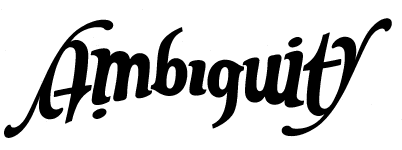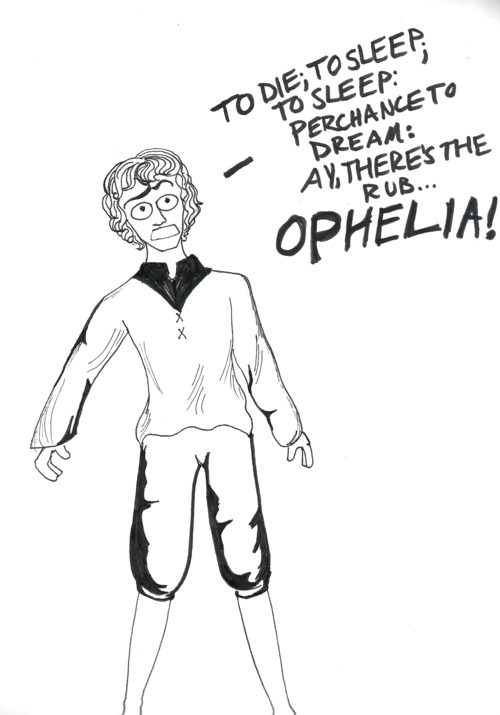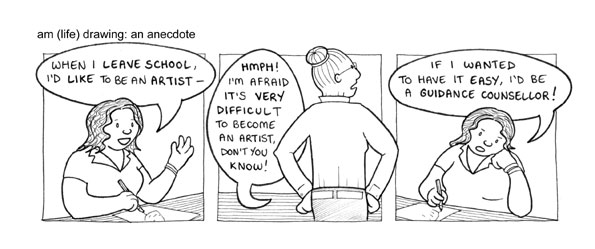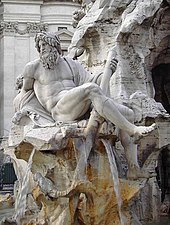Ambiguity: something uncertain as to interpretation
Anachronism: something that shows up in the wrong place or the wrong time
A TROLL FACE
Analogy: a comparison made between two things to show the similarities between them
Analysis: a method in which a work or idea is separated into its parts, and those parts given rigorous and detailed scrutiny
Anaphora: a device or repetition in which a word or words are repeated at the beginning of two or more lines, phrases, clauses, or sentences
Anecdote: a very short story used to illustrate a point
Antagonist: a person or force opposing the protagonist in a drama or narrative
Scar, Loki, Joker, Hotspur, etc.
Antithesis: a balancing of one term against another for emphasis or stylistic effectiveness
Aphorism: a terse, pointed statement expressing some wise or clever observation about life
"Know thyself?" If I knew myself I would run away.
Apologia: a defense or justification for some doctrine, piece of writing, cause, or action; also apology

Apostrophe: a figure of speech in which an absent or dead person, an abstract quality, or something inanimate or nonhuman is addressed directly
Argument(ation): the process of convincing a reader by proving either the truth or the falsity of an idea or proposition; also, the thesis or proposition itself
Your mother was a hamster and you father smelt of elderberries!
You lie!
No I don't!
Yes you do!
Assumption: the act of supposing, or taking for granted that a thing is true

Audience: the intended listener or listeners

Characterization: the means by which a writer reveals a character’s personality

Chiasmus: a reversal in the order off words so that the second half of a statement balances the first half in inverted word order
Circumlocution: a roundabout or evasive speech or writing, in which many words are used but a few would have served
Classicism: art, literature, and music reflecting the principles of ancient Greece and Rome: tradition, reason, clarity, order, and balance
Cliché: a phrase or situation overused within society
"Go home, Sarah. You're drunk."
"I just tripped over a backpack, it's a perfectly clumsy yet normal thing to do!"
Climax: the decisive point in a narrative or drama; the pint of greatest intensity or interest at which plot question is answered or resolved
Colloquialism: folksy speech, slang words or phrases usually used in informal conversation
Comedy: originally a nondramatic literary piece of work that was marked by a happy ending; now a term to describe a ludicrous, farcical, or amusing event designed provide enjoyment or produce smiles and laughter
hahahhahhaaaa. Ehehehhehehehhe! Mwahahhahahahahahaha!
Conflict: struggle or problem in a story causing tension
I can't find my bull dosser. Me thinks it must have dozed off in yonder forest. Get it? Get it? ha.
Connotation: implicit meaning, going beyond dictionary definition

Contrast: a rhetorical device by which one element (idea or object) is thrown into opposition to another for the sake of emphasis or clarity

Denotation: plain dictionary definition
Denotation: plain dictionary definition












No comments:
Post a Comment